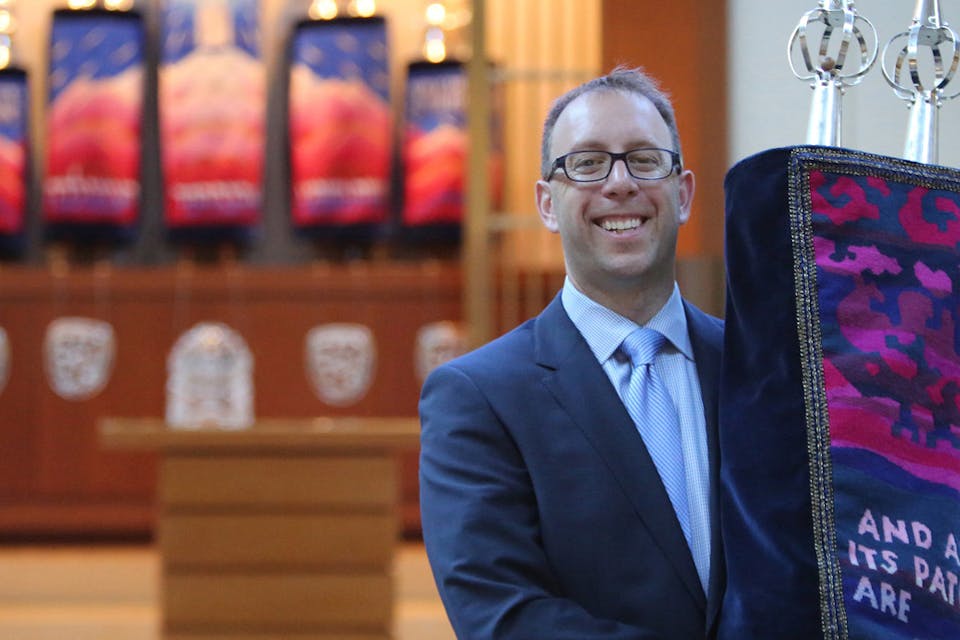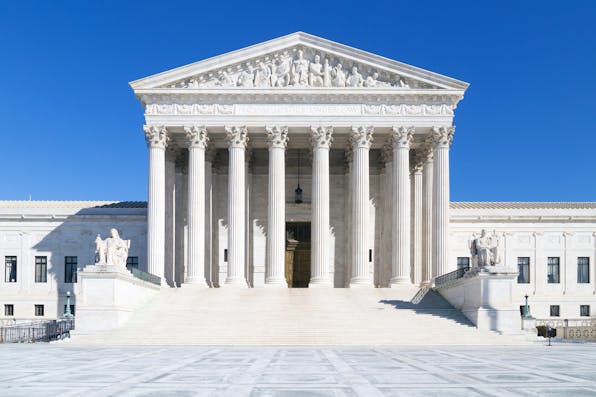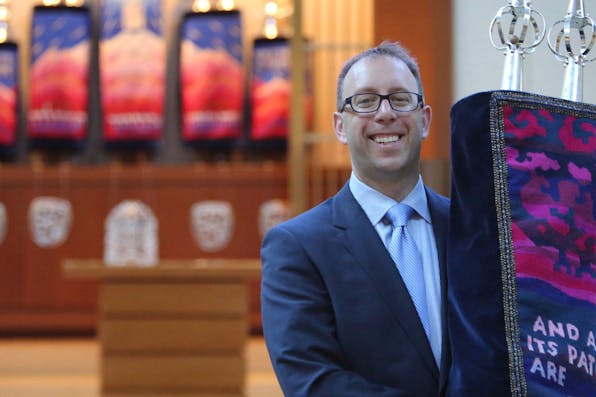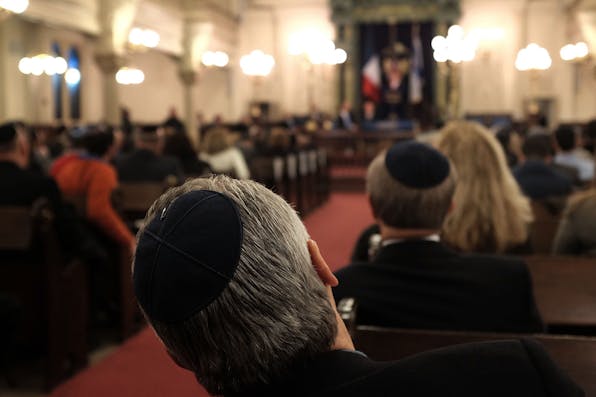
August 20, 2015
The Price of Pluralism
Depending on circumstances, American Jews should be prepared to cede some religious-liberty protections in the name of pluralism and anti-discrimination.
In “The Decline—and Fall?—of Religious Freedom in America,” Bruce Abramson argues that religious liberty in this country is under attack—and that, although the first targets have been Christian employers and business owners, it may be only a matter of time before the religious practices of American Jews, including ritual slaughter and circumcision, come under similarly hostile scrutiny.
There is a great deal to commend in Abramson’s essay. To be sure, criticism of religious liberty itself is not new; legal theorists and philosophers have long debated the degree of religious freedom appropriate for a liberal democracy. But perceptions have undeniably changed, and the scope of the contemporary critique does indeed feel new. For American Jews, responding to this critique may require an approach tailored to the Jewish community’s unique situation as America’s paradigmatic religious minority—an approach that could well differ in some respects from that taken by Christians.
As Abramson shows, today’s battle over religious liberty is taking place against the background of the 1993 Religious Freedom Restoration Act (RFRA) and versions of that act later adopted by over 20 states. The federal RFRA was a response to the Supreme Court’s 1990 decision in Employment Division v. Smith. At issue in that case was whether the First Amendment’s “free exercise” clause afforded an exemption from Oregon’s prevailing drug laws for a Native American ritual involving the ingestion of peyote. In ruling against the plaintiffs, the Court distinguished laws that directly target religion from those that simply and unintentionally burden it, ruling that only the former properly trigger a “free exercise” exemption. According to the Court, the only way to win an exception to a law of the latter kind, like Oregon’s drug laws, would be to lobby the state legislature.
Responses to August ’s Essay

August 2015
In the Crosshairs of the Assault on Religious Liberty
By Jonathan V. Last
August 2015
How Great is the Threat to Religious Freedom, Really?
By Steven Menashi
August 2015
The Price of Pluralism
By Michael A. Helfand
August 2015
The Long Rise of the Secular Faith
By Peter Berkowitz
August 2015
How Jews Can Help Christians Learn to Succeed as a Minority
By Bruce Abramson